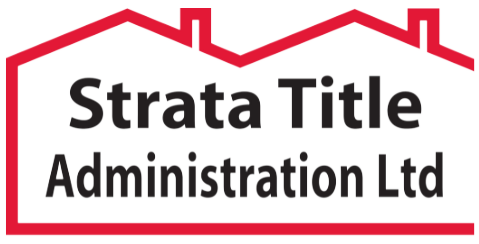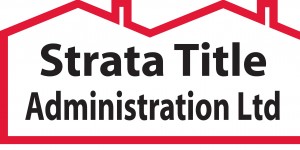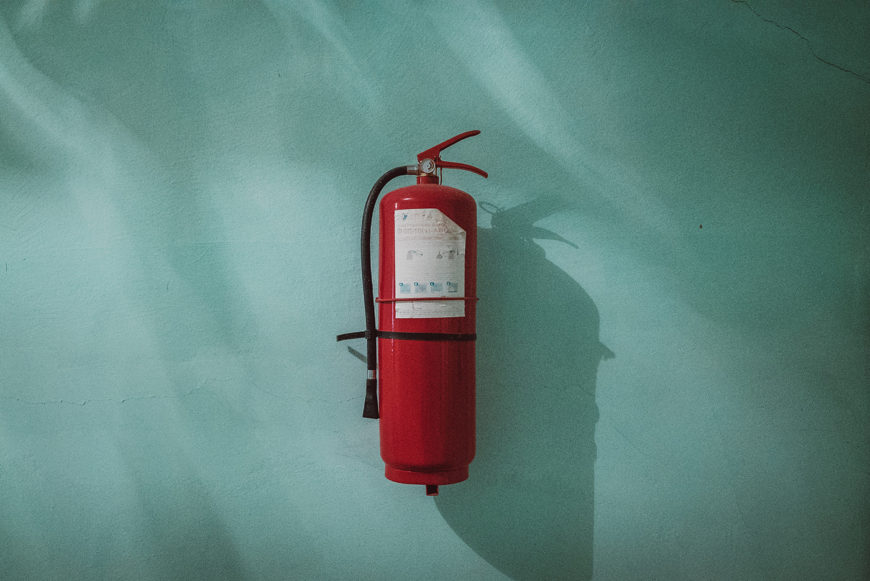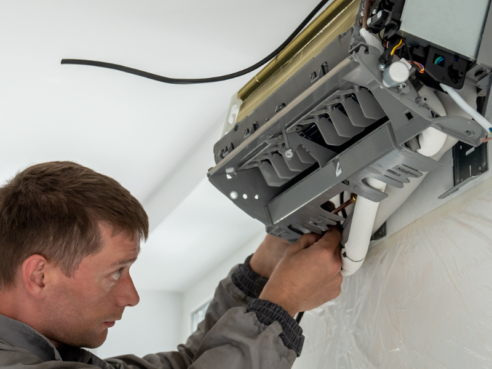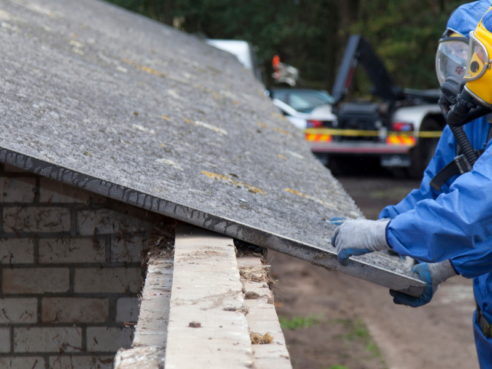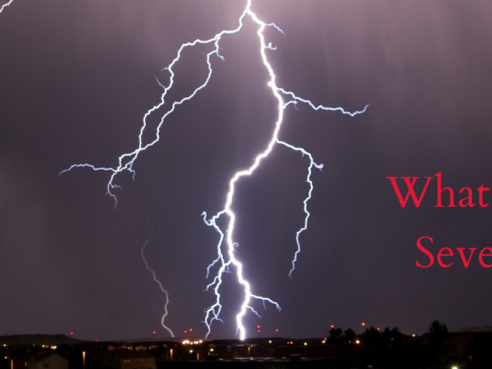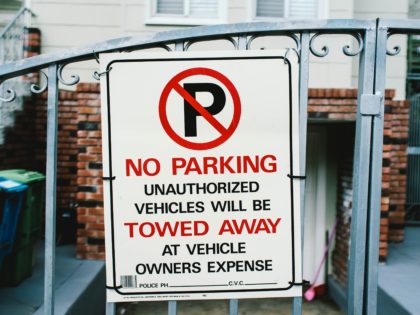Does your rental property’s fire alarm meet new laws?
0 Comments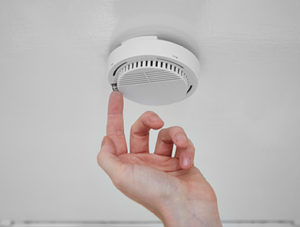 Smoke alarms are now compulsory in rental properties, and they can save lives. If you’re a landlord, you’ll need to make sure you’re meeting the requirements.
Smoke alarms are now compulsory in rental properties, and they can save lives. If you’re a landlord, you’ll need to make sure you’re meeting the requirements.
Due to changes to the Residential Tenancies Act, every rental property in New Zealand must have smoke alarms fitted by July 1, 2016. Landlords need to make sure a working smoke alarm of the right type is in place, and tenants must replace batteries and notify landlords of defects.
If you have a residential rental covered by the Residential Tenancy Act, you need to know about these requirements.
What are your responsibilities?
- The landlord is responsible for making sure the correct smoke alarms are in place and in working order at the beginning of every new tenancy.
- It’s against the law for landlords to fail to comply with smoke alarm obligations. The maximum penalty for this offence is $4000.
- The tenant is responsible for replacing batteries (if required) during their tenancy.
- It’s against the law for tenants to damage, disconnect or remove a smoke alarm. That includes removing the batteries (unless it’s to immediately replace expired batteries). The maximum fine for this offence is $3000.
How many smoke alarms are required?
- There must be at least one working smoke alarm within three metres of each bedroom door (including any room a person might reasonably sleep in).
- In a self-contained caravan, sleep out or similar there must be at least one working smoke alarm.
- In multi-storey units there must be one smoke alarm on each level within the household unit, even if no-one sleeps there.
- If you want to go beyond the minimum legal requirements, the New Zealand Fire Service recommends having a smoke alarm in every bedroom, living area and hallway.
What kind of smoke alarms are needed?
- Long-life photoelectric smoke alarms are now required where there are no existing alarms. These are safer and more cost-effective over time, because the battery life is at least eight years.
- You don’t need to immediately replace working smoke alarms. But when existing smoke alarms expire or need replacing, the replacements must be long-life photoelectric smoke alarms.
- Hard wired smoke alarms are also acceptable.
Installing smoke alarms
- All smoke alarms must be replaced in accordance with the manufacturer’s recommended replacement date stated on the alarm.
- All new and replacement smoke alarms in rental properties must be installed according to placement requirements provided in the manufacturer’s instructions. The illustrations shown here from New Zealand Standard 4514 provide a simple guide on where to place alarms. You can also find helpful information on the NZ Fire Service’s website.
- When smoke alarms are installed or replaced, you should ensure the alarms you purchase comply with the manufacturing standard: Australian Standard AS3786:1993; or equivalent international standard: UL217 (USA), ULCS531 (Canada), BS5446: Part 1 (United Kingdom), BS EN 14604 (United Kingdom) or ISO12239 (International). This should be displayed prominently on the packaging.
Find out more about the regulations and law changes on the Ministry of Business, Innovation and Employment website.
Note: These regulations don’t override any additional compliance requirements for smoke alarms in other legislation (e.g: multi-unit residential complexes, student accommodation or boarding houses).
This article is based on information from the Ministry of Business Innovation and Employment, released in June 2016. Strata takes no responsibility for the accuracy of the information or for any consequences of any actions taken by the readers of this article.
